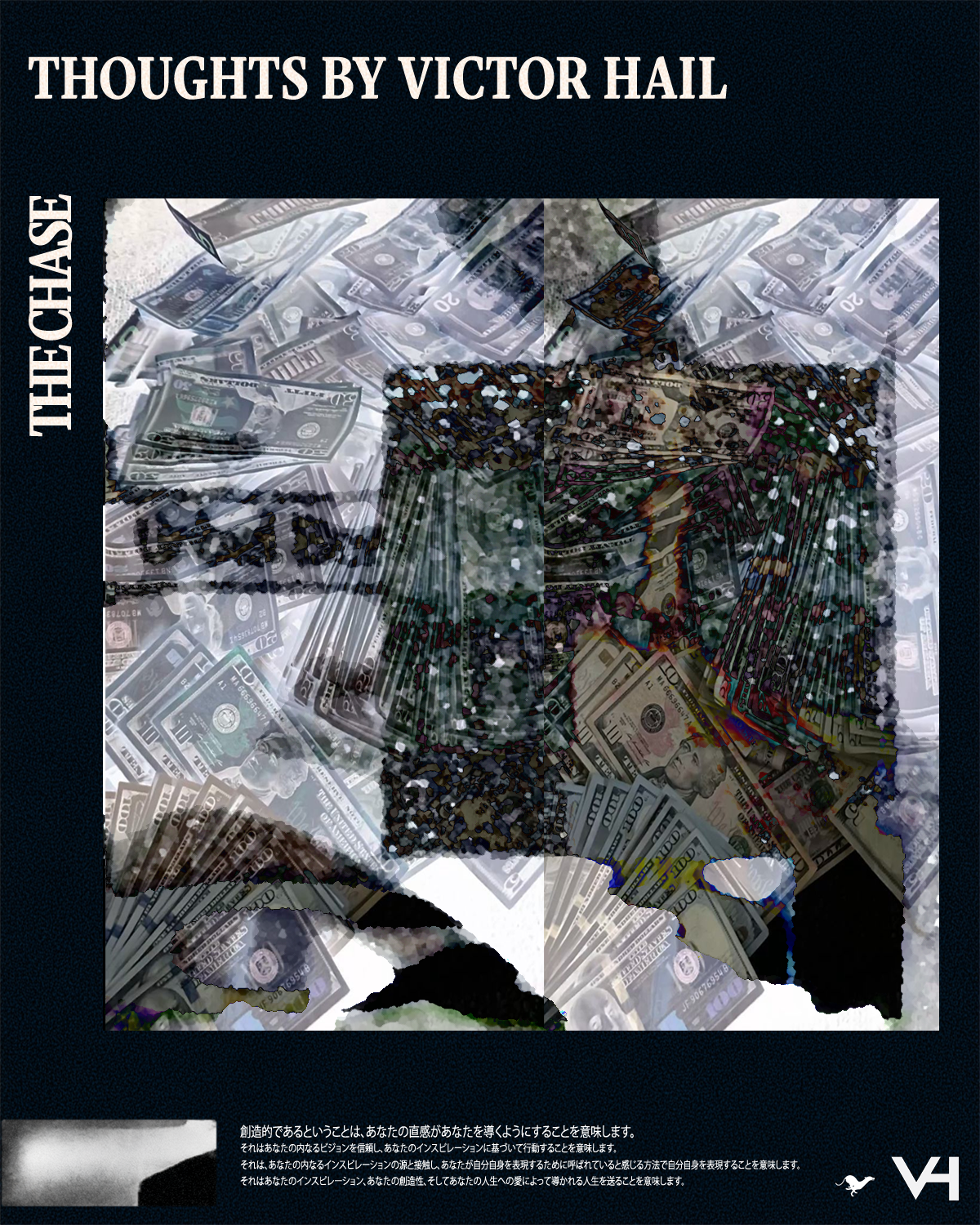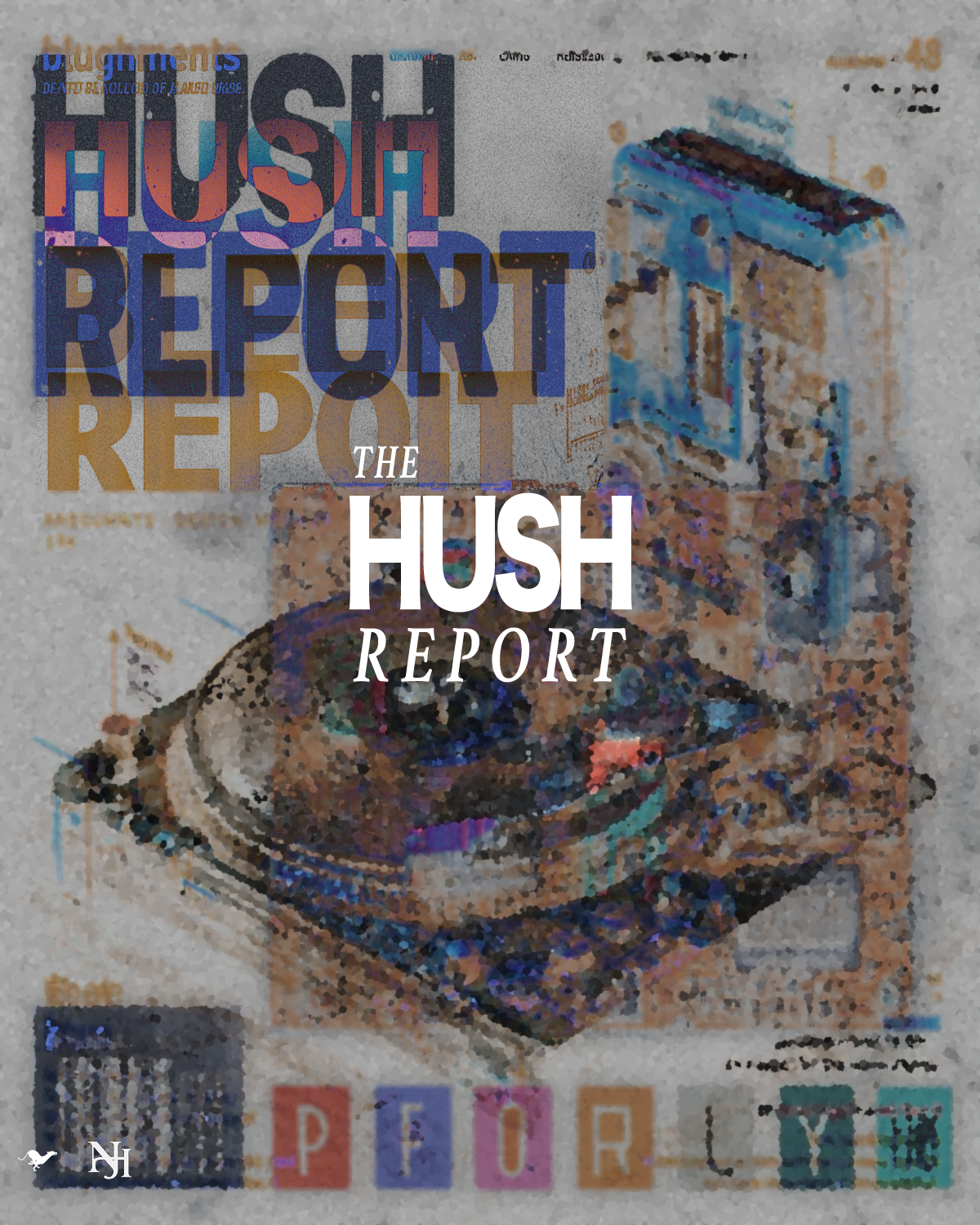
We are not misers of time. We spend it freely, though it is the only currency we can never reclaim. We hoard money, we chase possessions, yet we let time slip through our fingers without resistance. This is the most common mistake among men. They believe they are living prudently when they are living carelessly. They imagine that the great prize lies just beyond the next milestone, as if the right sum of wealth will suddenly deliver them into peace.
I have contemplated this carefully. I have long pursued the image of financial freedom. I imagined the day I could walk away from my work without consequence. I told myself that with enough money, I would not be bound by fear of layoffs or the anxiety of dependence. I believed that with wealth, I would own my time fully. I believed that no one would speak to me in a way I would be forced to endure. I believed that I would command life on my terms, free of obligation, free of restraint.
I rehearsed this vision repeatedly. I thought of what I would buy, how I would move, how the world would shift its posture toward me. I believed that I was building toward an arrival, a final crossing into some promised land of freedom.
But then I was asked a simple question: if you had seven million dollars right now, what would you do?
The answer was not difficult to find, but it startled me. I would not retire. I would not walk away. I would keep working. I would continue stacking. I would continue building. I would continue exactly as I am, but with a heavier account.
The truth quietly revealed itself. I was already living the life I claimed to desire. I had become so accustomed to deferring joy that I had mistaken accumulation for purpose. I had imagined that freedom was waiting for me at the end of the ledger, when in fact, it had been within reach all along.
It is a grave error to believe that life begins when the account is full. The future is always beyond our grasp. The past is forever sealed. It is only the present that is ours to hold, and yet, we often hold it loosely. We trade the moment in hand for the comfort of a distant security that may never arrive.
The more I considered this, the more I realized that time, not wealth, is the rarest and most fragile possession. Wealth can be rebuilt. Time cannot. Every moment we give to unexamined labor is a moment we will never see again. To live wisely is not simply to build wealth, but to spend time with intention, to guard it as fiercely as one would guard a treasure chest.
If you would continue the same life whether you had seven dollars or seven million, then what are you truly chasing? If the structure of your days would not shift, then what arrival are you waiting for? If the money would not alter your purpose, then the wealth you seek is already within your reach.
This is the danger of the illusion of arrival. It persuades us to postpone living. It seduces us into believing that meaning will reveal itself when the bank account reaches a certain height. But the future is not promised to you. The time you spend now is the only time you can truly call your own.
To postpone life for the sake of wealth is to bargain poorly. To measure your worth by your accumulation is to place your soul on a scale that can never balance.
What then should we pursue? Not the constant stacking for its own sake, but the careful cultivation of a life that speaks to our deeper purpose. The question is not how much money can be gathered, but how much life can be lived fully.
I know that part of this life for me will unfold within the Chase the Good Things creative studio, where the pursuit is not merely for profit, but for meaning. The work itself must evolve. The chase must mature. It must no longer be a chase for more, but a chase for what matters.
There is no finish line that will deliver you from restlessness. There is no account balance that will finally bring you peace. There is only time, and it slips from us quietly, whether we notice or not.
To understand this is to begin living well. To embrace this is to become rich in the only way that lasts.
Spend your time as if you will one day have to explain how you used it.
And perhaps, in the end, the greatest wealth is not what you hold, but how you choose to spend what cannot be bought again.









